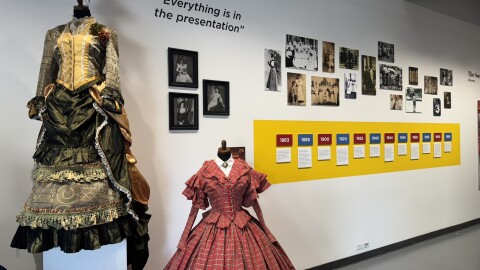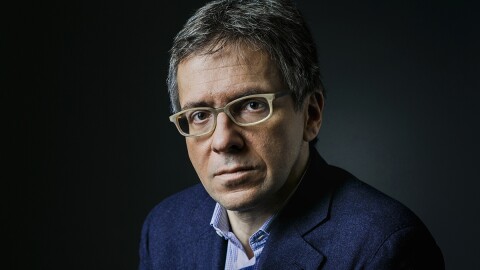
Lorie Hearn
Executive Director and Editor of inewsourceLorie Hearn is the executive director and editor of inewsource. She founded inewsource (formerly called the Watchdog Institute) in the summer of 2009, following a successful 35-year reporting and editing career in newspapers. She retired from The San Diego Union-Tribune, where she had been a reporter, Metro Editor and finally the senior editor for Metro and Watchdog Journalism. In addition to department oversight, Hearn personally managed a four-person watchdog team, composed of two data specialists and two investigative reporters. Hearn was a Nieman Foundation fellow at Harvard University in 1994-95. She focused on juvenile justice and drug control policy, a natural course to follow her years as a courts and legal affairs reporter at the San Diego Union and then the Union-Tribune. Hearn became Metro Editor in 1999 and oversaw regional and city news coverage, which included the city of San Diego’s financial debacle and near bankruptcy. Reporters and editors on Metro during her tenure were part of the Pulitzer Prize-winning stories that exposed Congressman Randy “Duke” Cunningham and led to his imprisonment. Hearn began her journalism career as a reporter for the Bucks County Courier Times, a small daily outside of Philadelphia, shortly after graduating from the University of Delaware in 1974. During the next two decades, she moved through countless beats at five newspapers on both coasts. High-profile coverage included the historic state Supreme Court election in 1986, when three sitting justices were ousted from the bench, and the 1992 execution of Robert Alton Harris. That gas chamber execution was the first time the death penalty was carried out in California in 25 years. In her nine years as Metro Editor at the Union-Tribune, Hearn made watchdog reporting a priority. Her reporters produced award-winning investigations covering large and small local governments. The depth and breadth of their public service work was most evident in coverage of the wildfires of 2003 and then 2007, when more than half a million people were evacuated from their homes. Contact Lorie at loriehearn@inewsource.org.
-
President Trump's executive order extends a reprieve from the threat of rising tariffs between the world's two largest economies.
-
Awdah Al Hathaleen was shot during a clash with an Israeli settler. His West Bank village hoped No Other Land, the Oscar-winning film about settler violence that he worked on, might help protect them.
-
Fans who pre-ordered new albums by Lil Wayne and The Weeknd on vinyl got a rude awakening: More than half the songs that appeared on the streaming version were missing on the LP.
-
Some residents are skeptical that President Trump's use of tough police tactics will work to solve complex social ills.
-
AOL debuted the service in 1989. Dial-up has largely been replaced by broadband internet.
-
Dredging waterways for navigation is a centuries-old practice, but this project is controversial because the mud being dug out of the channel is put into other parts of Mobile Bay.
- San Diego to pay $875K to man shot with police bean bag rounds and bitten by K-9
- Charlie Kirk, who helped build support for Trump among young people, dies after campus shooting
- San Diego Supervisors unanimously deny Cottonwood Sand Mine developer's appeal
- VA Secretary defends staff reductions, anti-union moves at agency during San Diego visit
- San Diego class-action suit says ICE courthouse arrests are illegal










